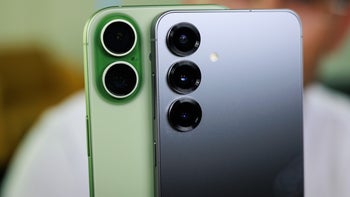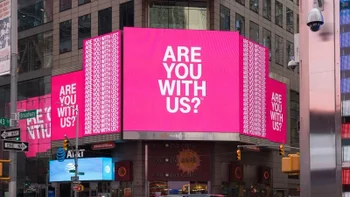Google Play Store policy shift: apps now permitted to sell NFTs

Google has just announced a big update to the Google Play Store policy, specifically for Android apps. This update allows app developers to include digital assets, like Non-Fungible Tokens (NFTs), in their apps.
If you wonder what NFTs are, well they are like certificates that prove you own something unique in the digital world, such as art, music, or virtual items. NFTs work using a technology called blockchain, which keeps track of who owns what. NFTs allow, for example, artists and creators to sell their digital creations directly to fans, and collectors can own and trade these one-of-a-kind digital items.
In a recent blog post, Google (via Android Authority) emphasized the importance of being transparent with users about these tokenized digital assets. It wants developers to clearly inform users if their apps contain these digital assets.
Google is serious about preventing any promotion or glorification of potential earnings from playing or trading activities. The company wants to protect users from sketchy practices and prevent the spread of questionable NFT apps in the Play Store.
The updated guidelines are to make sure that apps follow the existing policies for Real-Money Gambling, Games, and Contests. Apps must meet certain requirements and should not involve money transactions that allow users to win assets of unknown real-world monetary value, including NFTs. Google discourages the use of random blockchain-based items, like the controversial "loot boxes," which have raised concerns about fairness and transparency.
While these new policies set important rules, they also encourage innovation in the app development community. Google's Group Product Manager, Joseph Mills, mentioned the exciting possibilities this update brings. Developers now have the freedom to create unique gaming experiences by incorporating user-owned content and rewarding users with special NFTs to increase their loyalty.
Google will introduce the changes gradually to make the transition smooth and gather valuable feedback. Initially, a selected group of developers will be given the chance to offer apps and games containing blockchain-based digital content in Play Store. Ongoing partnerships will be established to test how users interact with these digital assets and improve the user experience.
Google is serious about preventing any promotion or glorification of potential earnings from playing or trading activities. The company wants to protect users from sketchy practices and prevent the spread of questionable NFT apps in the Play Store.
The updated guidelines are to make sure that apps follow the existing policies for Real-Money Gambling, Games, and Contests. Apps must meet certain requirements and should not involve money transactions that allow users to win assets of unknown real-world monetary value, including NFTs. Google discourages the use of random blockchain-based items, like the controversial "loot boxes," which have raised concerns about fairness and transparency.
Google will introduce the changes gradually to make the transition smooth and gather valuable feedback. Initially, a selected group of developers will be given the chance to offer apps and games containing blockchain-based digital content in Play Store. Ongoing partnerships will be established to test how users interact with these digital assets and improve the user experience.
Follow us on Google News













Things that are NOT allowed:
To help keep our community safe and free from spam, we apply temporary limits to newly created accounts: